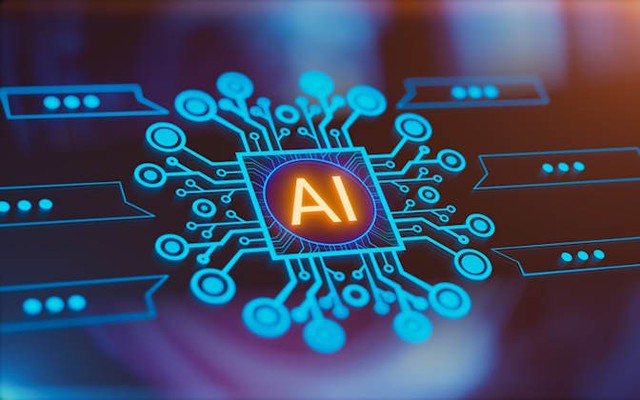Applying AI to Lean Operations: Future Directions
Integrating Artificial Intelligence (AI) into Lean operations offers a transformative opportunity for businesses seeking operational excellence.
Why deploy AI in Lean Operations?
Integrating Artificial Intelligence (AI) into Lean operations offers a transformative opportunity for businesses seeking operational excellence. Lean Six Sigma methods have long been the gold standard for optimizing processes, eliminating waste, and improving quality. The advent of AI technology promises to take these principles to unprecedented levels of efficiency and effectiveness.
However, this consolidation also raises questions about the balance between human and machine labor, job mobility, and the ethical considerations of AI applications.
What AI brings to lean operations
AI technologies, including machine learning, natural language processing and robotic process automation, can analyze massive data sets far beyond human capabilities, identify patterns, predict results and make decisions with minimal delay.
In Lean operations, AI can be leveraged to streamline processes, reduce errors, predict maintenance needs, and ultimately deliver greater value to customers more efficiently. This capability aligns with the core goals of Operational Excellence and Lean Six Sigma by driving continuous improvement through data-driven insights.
How is AI applied in lean operations?
Process optimization AI can automate routine tasks, helping humans focus on complex problem solving and strategic decision making. In manufacturing, AI-powered robots can perform precise assembly tasks with minimal errors, while AI algorithms optimize production schedules and supply chains for just-in-time deliveries, reducing waste of inventory.
Using AI to analyze equipment data can predict failures before they occur, ensuring maintenance is only performed when necessary. This approach minimizes downtime and extends machine life, directly contributing to Lean goals by eliminating unnecessary activities and costs.
Quality control AI systems can continuously monitor product quality in real time, identifying defects that humans might miss. By detecting these problems early, businesses can avoid costly rework processes and ensure that only products that meet the highest quality standards reach customers.
What's next: Leveraging AI while preserving human values
Integrating AI into business operations is not without challenges. Job mobility is a significant concern because AI can perform some tasks more effectively than humans. However, this change also creates opportunities for employees to engage in more meaningful work that requires human qualities that AI cannot replicate, such as empathy and creativity. and strategic thinking.
Human values in AI implementation
To successfully integrate AI into Lean operations, businesses must prioritize transparency, ethical use of AI, and upskilling their workforce. Employees should be involved in the AI implementation process, with clear communication about how AI will be used and the benefits it will bring. Training programs can help workers transition to new roles where they can leverage AI tools to improve productivity and contribute to innovation
Conclusion: Navigate the lean landscape enhanced by AI
The combination of AI with Lean Six Sigma principles offers enormous potential to push the boundaries of operational excellence. By automating routine tasks, enhancing decision-making with data-driven insights, and improving quality control, AI can significantly enhance the efficiency and effectiveness of Lean activities. However, the success of this integration depends on a careful balance between leveraging AI capabilities and valuing human contributions
Businesses must navigate this transition by focusing on ethical considerations, workforce development, and preserving human values in the workplace. In doing so, they can harness the power of AI to not only optimize operations but also drive a more innovative, agile and human-centric future.









![[LIVE] Engage2Earn: auspol follower rush](https://cdn.bulbapp.io/frontend/images/c1a761de-5ce9-4e9b-b5b3-dc009e60bfa8/1)






































![[ℕ𝕖𝕧𝕖𝕣] 𝕊𝕖𝕝𝕝 𝕐𝕠𝕦𝕣 𝔹𝕚𝕥𝕔𝕠𝕚𝕟 - And Now What.... Pray To The God Of Hopium?](https://cdn.bulbapp.io/frontend/images/79e7827b-c644-4853-b048-a9601a8a8da7/1)


















